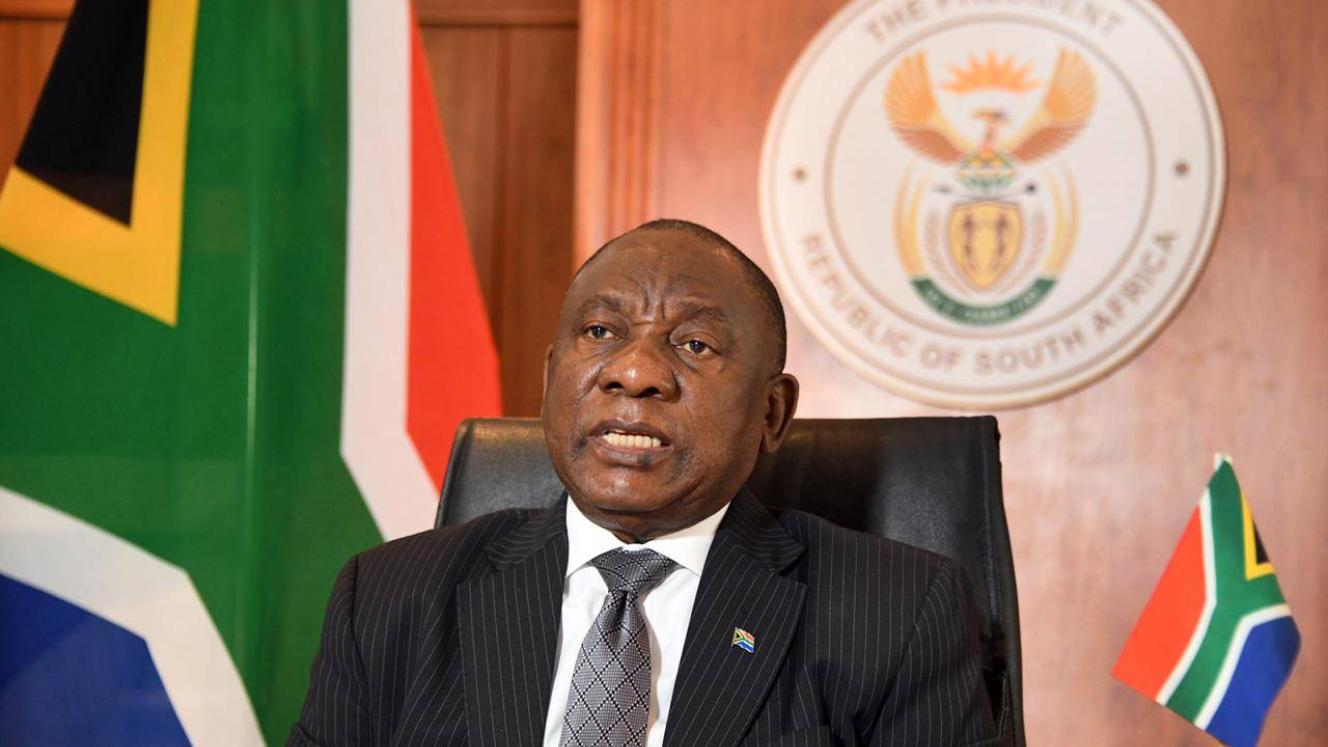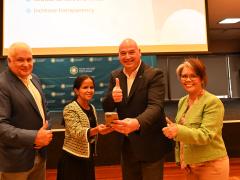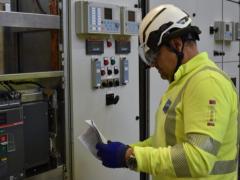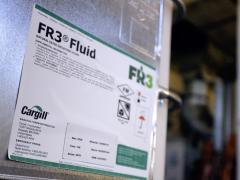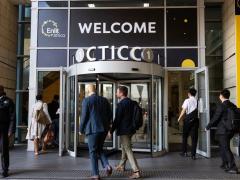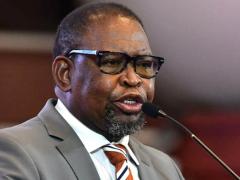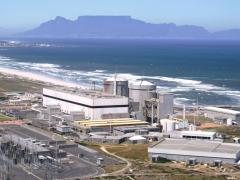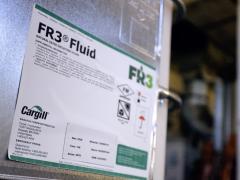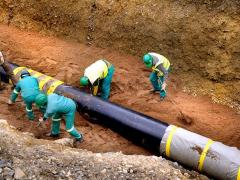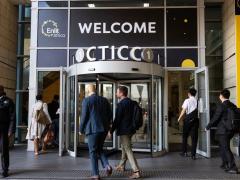South Africa’s energy sector stakeholders have – for the most part – welcomed reforms announced in the State of the Nation Address (SONA) delivered by President Cyril Ramaphosa last Thursday (February 6) in Cape Town.
The Energy Council of South Africa praised Ramaphosa’s announcement of a second wave of reforms to drive economic growth. “Economic growth will increase demand for reliable and affordable energy,” said James Mackay, Chief Executive Officer of the Energy Council of South Africa.
Despite ongoing power supply constraints, as evidenced by the return of load shedding, Mackay acknowledged progress in energy reforms, which he said bolstered investor confidence. He pointed to the acceleration of private-sector investment in wind and solar photovoltaic (PV) generation through the Energy Action Plan of the National Energy Crisis Committee as a sign that South Africa is on the right track. “However, this window of opportunity is highly dependent on accelerating the implementation of key reforms and investment to avoid returning to a major crisis before 2030.”
The South African Photovoltaic Industry Association (SAPVIA) echoed this support but called for decisive action on implementation. “Now is the time to unlock South Africa’s full renewable energy potential,” said SAPVIA’s Chief Executive Officer Dr Rethabile Melamu.
SAPVIA also commended progress in energy policy, particularly the Electricity Regulation Amendment (ERA) Act, which took effect on January 1, but emphasised the need for clear action plans. “We must accelerate private-sector investment and develop transition infrastructure to integrate more renewable projects,” said Melamu. She also backed government’s commitment to skills development and the localisation of renewable energy components where South Africa has a competitive advantage.
The ERA Act, along with the Climate Change Act, support government’s commitment to energy reform and decarbonisation. “Introduction of the wholesale electricity market is the most fundamental reform step, which the President referenced as the foundation for a competitive market and which must be laid this year,” Mackay said.
While a competitive electricity market will enhance investor certainty and efficiency, and lower costs, Mackay stressed the need for further steps including clarity on grid expansion, improved access rules and accelerated investment in balancing capacity such as gas-to-power and battery storage.
The Energy Council of South Africa also welcomed SONA’s focus on sustainable municipal electricity services, municipal debt and credit risk through a ring-fenced and competitive utility model. “This has an important bearing on societal service delivery of affordable and reliable electricity services,” Mackay said.
Stefanie Fick, Executive Director of the Organisation Undoing Tax Abuse, said Ramaphosa’s promise to strengthen municipalities is an “empty gesture” given dysfunction at local government level. “The Auditor-General’s latest report paints a dire picture of financial mismanagement and dysfunction, with the vast majority of municipalities unable to deliver even the most basic services, yet government refuses to act decisively against municipal corruption and incompetence.”
